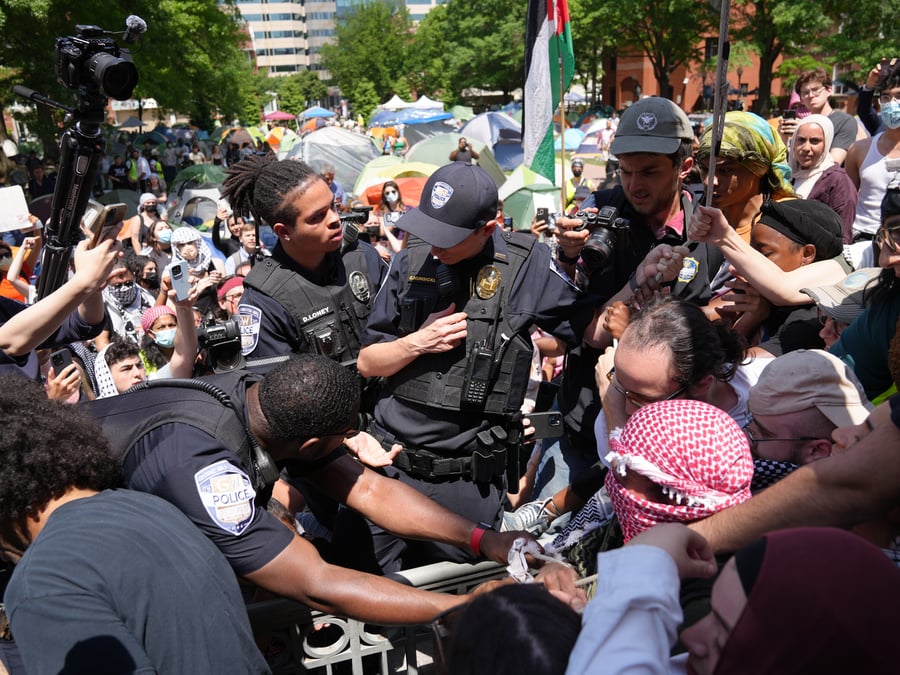
As the Israel-Gaza conflict ignited pro-Palestinian demonstrations across U.S. college campuses this spring, university administrators struggled to deal with an escalating crisis. Their response? Often, it was to call in the police.
Since Columbia University's first major detainment of protesters in April, over 3,100 individuals have been arrested or detained on campuses nationwide. Most faced charges of trespassing or disturbing the peace, with some encountering more serious allegations like resisting arrest.
However, in the months following these incidents, many charges have been dropped. This trend echoes the aftermath of the 2020 racial justice protests, where prosecutors often chose to focus only on cases involving property destruction or looting.
The scale of these arrests is historically significant. Robert Cohen, a historian at New York University, notes that the number is "almost comparable to the height of the Vietnam protests," despite the pro-Palestinian movement being "relatively small."
At the University of Texas at Austin, 136 arrests were made across two protest events. Delia Garza, the local prosecutor, dropped all trespassing charges, citing evidentiary issues and the likelihood that juries would view students as exercising First Amendment rights on their own campus.
Indiana University Bloomington saw 57 arrests after students set up tents in a designated free speech area. The local prosecutor's office dropped these charges, deeming the arrests "constitutionally dubious."
At the University of Virginia, 27 people were arrested as police used chemical irritants to disperse an encampment. While some charges were dropped due to lack of evidence, others were offered dismissal agreements.
Despite the dropping of criminal charges, many students still face university disciplinary proceedings. Some have had their diplomas withheld or been banned from campus, raising concerns about the long-term impact on their academic and professional futures.
As summer arrives, the protests have largely subsided, but their effects linger. The balance between free speech and campus order remains a contentious issue, with universities, students, and legal systems still navigating the aftermath of this tumultuous spring.
* The New York Times contributed to this article.




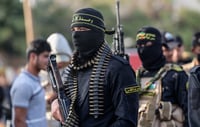
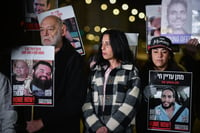
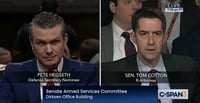

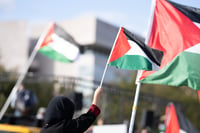

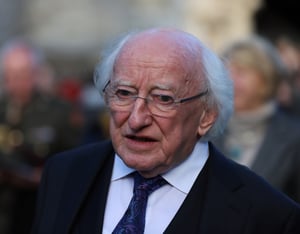
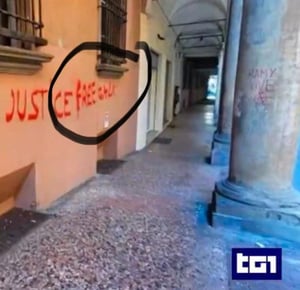

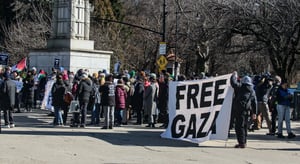
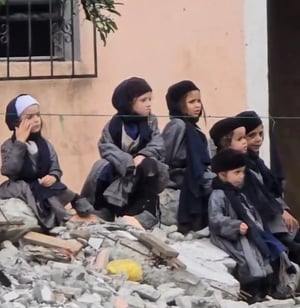
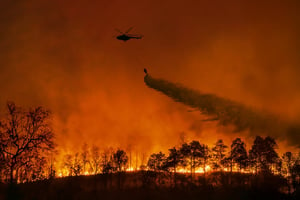
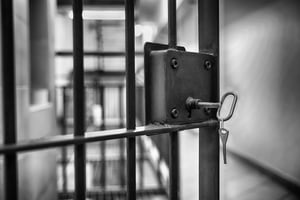
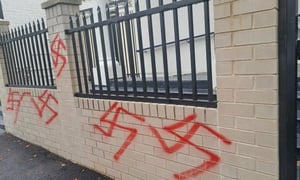


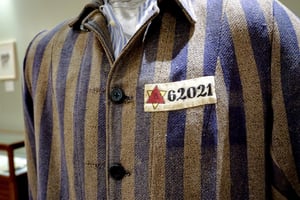
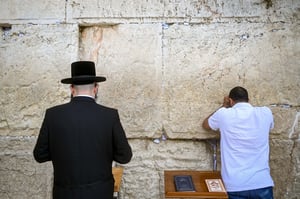
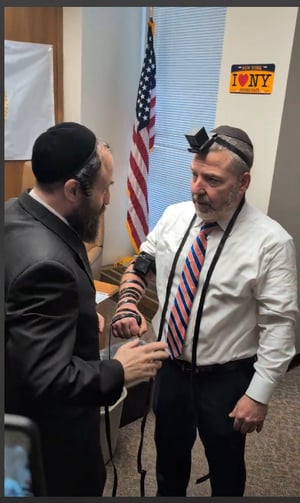
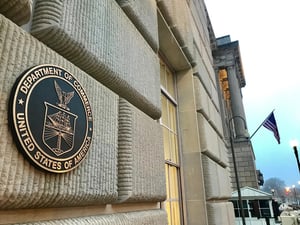

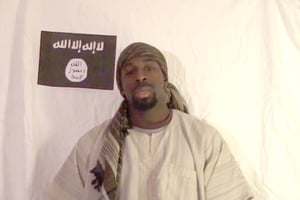

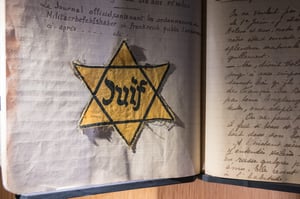
0 Comments